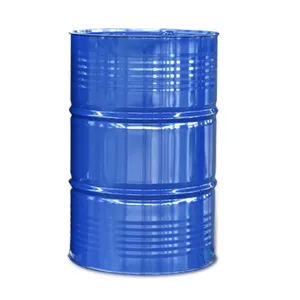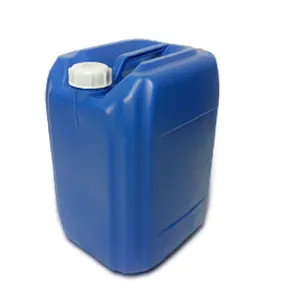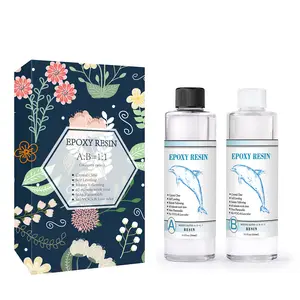Introduction to Tooling Sealant
Tooling sealant is an essential material widely used across various industrial applications to provide a robust sealant solution. Designed specifically for sealing and bonding, tooling sealants are engineered to withstand harsh conditions while delivering exceptional performance. Whether you are involved in manufacturing, automotive, or construction industries, understanding the value of tooling sealants can significantly enhance your projects.
Types of Tooling Sealant
Tooling sealants are available in various types, each designed to meet specific performance requirements. Here are the most common types:
- Silicone Sealants: Known for their flexibility and resistance to temperature variations, silicone sealants are ideal for both indoor and outdoor use.
- Polyurethane Sealants: These sealants bond well to many substrates and are often used in construction and automotive applications for their durability.
- Acrylic Sealants: Easy to paint over and relatively inexpensive, acrylic sealants are commonly used in general construction applications.
- RTV Sealants: Room temperature vulcanizing (RTV) sealants cure at room temperature and provide excellent adhesion for a variety of applications.
Applications of Tooling Sealant
Tooling sealants are versatile and have a broad range of applications that make them indispensable in various industries:
- Automotive Industry: Used for sealing engine components, windshields, and other critical parts to prevent leaks and maintain structural integrity.
- Construction: Perfect for sealing joints, gaps, and penetrations in walls, roofs, and windows for enhanced insulation and weatherproofing.
- Electronics: Protects delicate components from moisture and dust, ensuring longevity and optimal performance.
- Appliance Manufacturing: Ideal for securing panels and preventing vibration or rattling in appliances like refrigerators and washing machines.
Features and Advantages of Tooling Sealant
The performance and utility of tooling sealants are attributed to their unique features and advantages:
- High Adhesion: Tooling sealants provide strong bonding capabilities to various substrates, ensuring durability and strength.
- Temperature Resistance: Many types of tooling sealants can withstand extreme temperatures, making them suitable for demanding environments.
- Waterproofing: With excellent moisture resistance, tooling sealants protect against water ingress and contribute to the longevity of structures.
- Ease of Application: Designed for user-friendliness, tooling sealants can be easily applied with standard tools, reducing labor time and effort.
- Flexible Formulations: Whether you need a rigid bond or a flexible seal, tooling sealants offer formulations that can adapt to project demands.















































